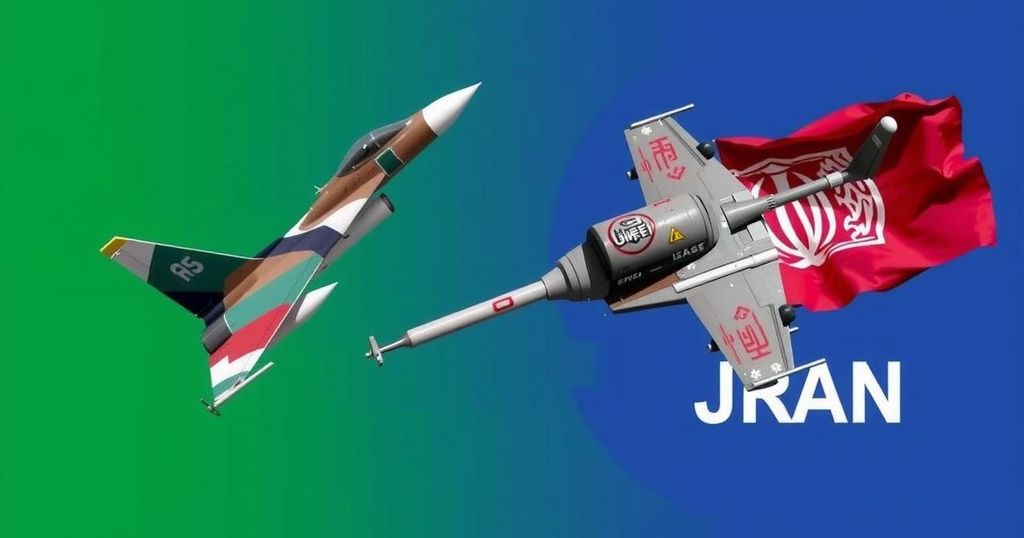Iran and Saudi Arabia Plan Joint Military Exercises in the Red Sea

Iran and Saudi Arabia are considering joint military exercises in the Red Sea, as reported by Iranian media. This represents a significant diplomatic step following the resumption of their relations last year after years of tensions. Admiral Shahram Irani confirmed Saudi Arabia’s request for collaboration, although details remain sparse, and Saudi Arabia has yet to confirm their involvement. This development comes amid ongoing conflicts, particularly involving Huthi rebel attacks in the region.
Iran and Saudi Arabia are reportedly planning to engage in joint military exercises in the Red Sea, as reported by Iranian media, although this has not been confirmed by Saudi officials. This development marks a significant shift for the two nations, which have historically been rivals and have supported opposing factions in various conflicts throughout the region. Relations between the two countries deteriorated in 2016 when diplomatic ties were severed. Nevertheless, they resumed diplomatic relations last year through an unexpected agreement brokered by China. Admiral Shahram Irani, the commander of Iran’s navy, stated, “Saudi Arabia has asked that we organise joint exercises in the Red Sea… Coordination is underway and delegations from both countries will hold the necessary consultations on how to conduct the exercise.” Specifics, including a schedule for the exercises, have not yet been disclosed. The Saudi government has not yet publicly responded to the announcement regarding these joint exercises. The context for these discussions includes the ongoing military engagements in the region, particularly the recent campaign launched by the Iran-backed Huthi rebels in Yemen, which have been targeting maritime operations in the Red Sea and the Gulf of Aden. This campaign is portrayed by the Huthis as a demonstration of solidarity with Palestine amid the escalating conflict in Gaza involving Israel. The Huthis have been embroiled in a protracted conflict with a Saudi-led coalition since their takeover of Yemen’s capital, Sanaa, in 2015, which precipitated a humanitarian crisis and complicated geopolitical dynamics in the region. Meanwhile, Saudi Arabia, as the world’s largest oil exporter, navigates the dual challenges of managing its foreign engagements while striving for a peaceful resolution to the conflict in Yemen. Thus far, Saudi Arabia has refrained from joining a U.S.-led coalition aimed at countering Huthi assaults and efforts to establish a peace agreement have stalled in light of the rebel attacks on shipping routes.
The relationship between Iran and Saudi Arabia has historically been characterized by tension and rivalry, particularly as they align themselves with opposing factions in various regional conflicts. The severing of diplomatic ties in 2016 marked a low point in their relations, largely fueled by mutual concerns over sectarian differences and geopolitical ambitions. However, a surprising thaw in relations occurred last year when China facilitated a rapprochement between the two nations, prompting discussions about joint military efforts.
In conclusion, the proposed joint military exercises between Iran and Saudi Arabia represent a noteworthy potential shift in the dynamics of Middle Eastern geopolitical relations, especially given their previous long-standing antagonism. Although specifics regarding the exercises remain vague, the offer to collaborate marks a significant diplomatic step. The backdrop of regional security threats, notably from Huthi rebels, further complicates the situation and highlights the urgency of addressing maritime safety in the Red Sea.
Original Source: www.barrons.com








